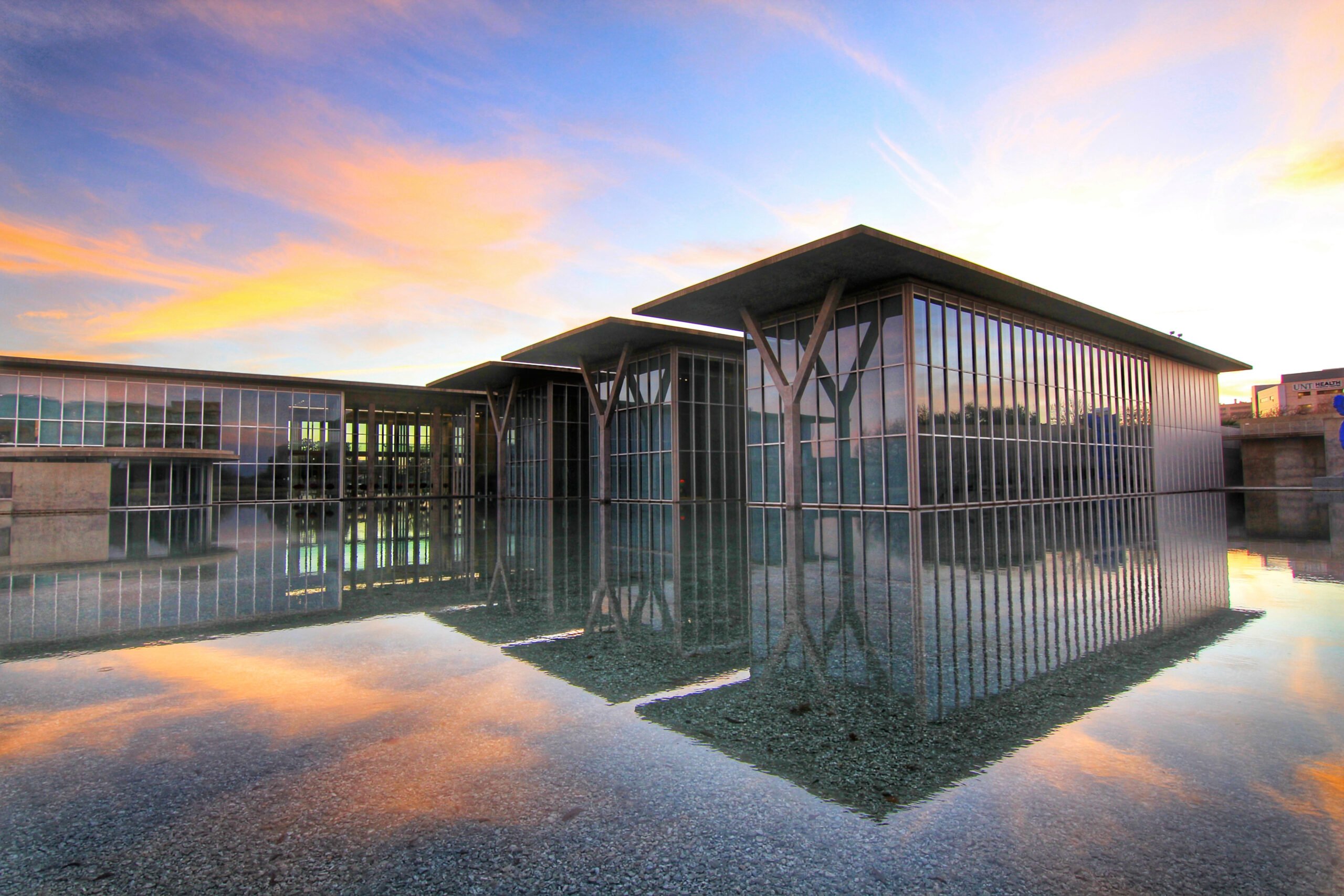Las Am��_��_ricas
The Difference Between God and Bechtel
A couple of months ago in Washington, during what they called the “April Action Days,” a lot of people were arrested for not liking the World Bank or its corporate sponsors. Although the Bank has been widely criticized for years, James Wolfensohn, its President since 1995, effected surprise that his Bank was still so unpopular. Sounding distinctly hurt, he told the Washington Post, “We have never done more in the history of this institution to reach out.” Explaining the Bank’s new thrust, he said, “The clear future of development is engagement with local communities.” The key word here is “engagement.”
The Bank has engaged the population of Cochabamba, Bolivia during the last year, for example, in a classic multinational development deal. Together with an enmeshed array of multinational corporate subsidiaries more complicated than calculus, the World Bank is privatizing the engaged community’s water supply, ready or not.
Before the lucky locals could congratulate themselves on suddenly becoming the clear future of development, the Bank reached out and raised their average water bill by 35 percent. The conglomerated consortium in cahoots with the World Bank explained that this painful step was necessary in order to raise money to improve water services in Cochabamba. At that, the unfortunately-named Oscar Coca, a regional councilor, lucidly complained that the Bank was making Cochabambans pay for services that they didn’t have yet and wouldn’t get for some years, if ever. Though it’s probably unkind to point it out, Bank projects like this have been known to bog down.
The Cochabamba water services upgrading project may be no exception. It requires reconfiguring the Bolivian landscape on a biblical scale, much like parting the Red Sea or launching the Great Floods. Nonetheless, Mr. Wolfensohn is not intimidated by the grandiosity of the plan. After all, he told the Post during the Anti-Bank demonstrations, “I come in every day thinking I’m doing God’s work, as do my colleagues.” In this case, God’s putative work involves boring a twelve-mile tunnel through the Andes at depths of over one kilometer. One important difference between Mr. Wolfensohn’s work and God’s, however, is that God doesn’t charge, and Mr. Wolfensohn does. Bolivia, an officially designated “Heavily Indebted Poor Country,” will borrow an additional $450 million from the Bank and other “donors” for this promethean engineering scheme.
The local community did not think this was such a good idea, and when the resulting water bills were passed out in January of this year, protestors blocked the roads leading out of town. Generalissimo President Hugo Banzer then declared a state of siege in Bolivia in which all civil rights were suspended, and the thing got serious. Arrests occurred and an unknown number of protestors were spirited off to the infamous “undisclosed location.” Then came the shootings. At last count, four people had died. But it got truly serious when the Bolivian junior partner company, Aguas de Tunari, backed out of the drilling consortium, not wanting more political trouble. When that happened, the government opened up negotiations with the community, and bit by bit, the stinking tale began to leak out.
One of the placards at the Anti-Bank protests in April read, “World Bank. Spreading poopiness all over.” The “O’s” in poopiness were oval-shaped and colored brown, so that they looked like turds. And in fact, in Cochabamba, the Bank distributed more than enough poopiness for everyone. For example, before talks could begin with organizations opposed to the Bank’s project, some community leaders had to be sprung from jail and the rest of them coaxed out of hiding. Generalissimo Banzer’s Bolivia is not a setting that readily encourages a free and frank exchange of opinions. But once the government’s men loosened their ties and everyone else adjusted their handcuffs to come to the bargaining table, the government admitted astounding things. Aguas de Tunari, for example, is 55 percent owned by International Water Limited, chartered in the United Kingdom. I.W.L., as it is known to its friends, is 50 percent owned by Bechtel Corporation of the United States, and 50 percent owned by Edison of Montedison, chartered in Italy. Edison bought its 50 percent share in I.W.L. from United Utilities (U.U.), and I.W.L. was originally a joint venture between Bechtel and U.U. In other words, if you follow the poop to the either end of the pipe, you will find Bechtel Enterprises.
Trying to figure out what the legal fees are for this arrangement – without even counting Bechtel’s costs for drilling the actual tunnel – explains why a few hundred thousand Cochabambans, who until now have been pretty much minding their own business, suddenly have to pay a lot more for water and sewerage. And no matter what happens now, the higher charges will stick. Although the donor consortium reportedly contributed less than $20,000 in upfront costs to the project (not quite what you’d pay for a decent Honda), if the government breaks its contract for the tunnel, Cochambambans who wish to drink water will have to come up with $12 million to pay Bechtel back for the inconvenience of this whole sorry mess. Government negotiators found that out when they acceded to the protestors’ demand to cancel the deal. Those Bechtel lawyers may have cost a lot, but they were worth it.
So who started this anyway, and locked it up so tightly that no one can get out? It seems that Bechtel did. This is part of the company’s competitive new operating style, developed by the crown prince of sole-source high-priced engineering contracts with governments, Riley Bechtel. According to Riley, “cost-plus” doesn’t cut it anymore. Bechtel no longer wants simply to be paid for demolishing the Andes. It wants an equity stake in the big hole that’s left there, too. Forbes magazine describes Bechtel Enterprises as an illustration of the popular cartoon where one vulture says to another, “Enough of this waiting around. Let’s go kill something.” Bechtel itself now commissions a project like the water tunnel, then finds another corporate entrepreneur to chip in 20 to 40 percent of the equity, and finances the rest with bank debt and government guarantees. Riley describes this as a two-step procedure. First, “you help foreign governments contemplate privatizing” (water, wind, whatever), and then “you cut in ahead of the pack to get the job.” In the days before the World Bank was reaching out quite so much, this practice was quaintly known as a conflict of interest.
Actually, Bechtel has always operated more or less like this. Riley’s father, Steve Bechtel, used to spend six months of every year roaming the world, hobnobbing with kings, presidents, and foreign business magnates, sniffing around for projects. That was how he got his chum King Faisal of Saudi Arabia to start construction on the city of Jubail in 1973, which until then had been a tiny fishing village. At the time, Steve candidly described his relationship with the King as “fruitful,” which was a modest assessment of their connection. Jubail is still under construction, but at this date it has a steel mill, a chemical plant, a plastics facility, and a big smoking fertilizer processing thing. Many people swear you can smell it from Mongolia.
Some of them also argue that Bechtel has too many uncomfortably close connections with the United States federal government – that it’s not a fair competitor for the lucrative privilege of doing God’s work. Riley’s dad Steve didn’t just hobnob with political and business persons; he invented them. One of his shipyard directors during World War II was John McCone, a soon-to-be C.I.A. director. In more recent times, Caspar Weinberger and George Schultz joined Bechtel, swiveled through the revolving door into Reagan’s cabinet, and then shot back out again to the Bechtel boardroom. Neat.
And Riley carries on the fine family hobnobbing tradition. He is a member of the board of J.P. Morgan and Company, the Business Roundtable, the National Petroleum Council, and the Trilateral Commission. And, like most second- and third-generation tycoons, he is a philanthropist. Riley’s favorite charity is his own JASON Foundation for Education, which encourages learning in science and math. The Foundation poses three questions for exploration by students and educators. What are the Earth’s dynamic systems? How does the operation of these systems affect life on the planet? And how do humans study these systems?
A brochure for the JASON Foundation tells us, “These questions are addressed through an integrated package that utilizes a variety of events, tools and media to enhance students’ interest in learning.” Each year, prominent researchers and scientists are engaged by JASON to conduct fieldwork in a range of Earth Science disciplines. Outstanding students chosen to work with them are called Argonauts. Together, JASON and the selected Argonauts “study the geography, history and cultures of people indigenous to their expedition site.” Presumably, the Argonauts do this before the rest of the Bechtel expedition arrives and blows the site away. After that, there is little point in wondering how the operations of the Earth’s systems affect life on the planet, or how humans study them.
Another of the waving signs in the April Anti-Bank march simply stated, “Plants and animals must disappear to make room for your fat ass.” Poor people, too, we guess, since they’re not paying customers either. Why, we wonder, do Bechtel and the Bank need so much room? Because only then can Bechtel, through its various donors and subsidiaries, offer “a full range of development, financing, engineering and construction, operations and maintenance services in the water and wastewater market,” that’s why. Bechtel/I.W.L. means to become a major force in this market, and their propaganda will tell you that they have already contributed to forty-six privatized infrastructural projects with a total constructed value of $18 billion. More importantly, Bechtel’s 1998 revenues were $12.6 billion. Because after they spread the poopiness all over, they expect to be paid for mopping it up.
Gabriela Bocagrande is holding her nose in Washington, D.C.


